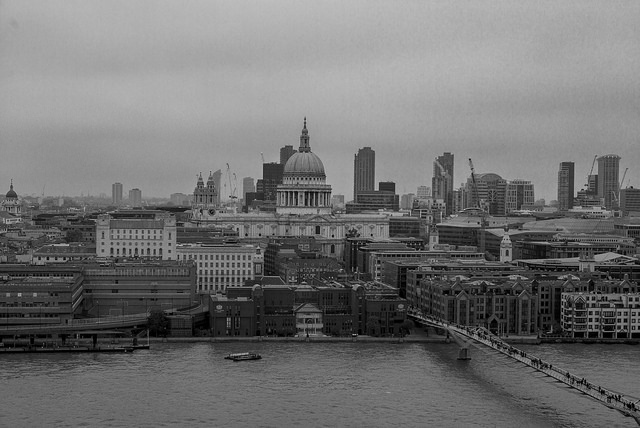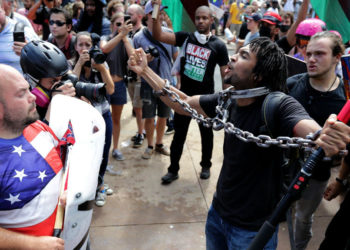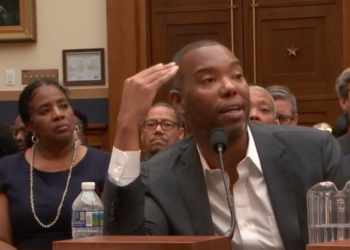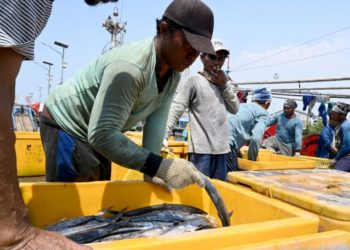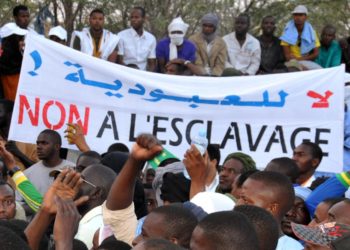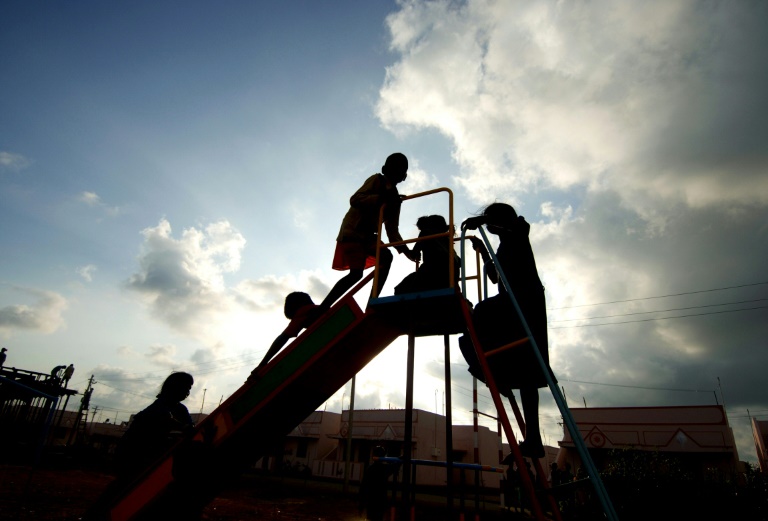Constantly armed with a knife as a form of protection, a young domestic worker in Hong Kong feared that her boss could rape her any day. With three children to send money back to in the Philippines, there was little Marissa Begonia felt she could do.
One night, Ms. Begonia’s boss gave her a reflexology book and demanded she gave him a foot massage in his bedroom, while he laid in bed with just his robe. Often, Ms. Begonia felt scared. “I felt like screaming, but no one could hear me, it was a tall building. I had to crawl into the kitchen to get knives, and I just hid them everywhere,” Ms. Begonia recalled. A month later, clutching on to her knife, she handed in her resignation letter.
Ms. Begonia soon found another family to work with, only to find herself immersed in yet another nightmare. The new family asked if she would go to London with them, and offered her a 700-pound monthly salary, from which they would deduct her accommodation and national insurance. The salary they offered her in the U.K. was at least double what she was earning in Hong Kong, so Ms. Begonia gave it little thought.
On arriving in London and having her passport taken away by the family, Ms.Begonia soon collided with a harsh reality, realizing her monthly salary wasn’t going to be near enough to survive.
Panicking, Ms.Begonia ran away to a friend’s house – a fellow domestic worker who she had met while taking out the family’s child to the park. Luckily, Ms. Begonia found a decent job soon after, working with a British-Italian family. She joined Unite the Union in 2008, the biggest trade union in the U.K., and later co-founded Justice for Domestic Workers — today called The Voice of Domestic Workers — to start helping victims like herself, many of whose stories are more harrowing than her own, by providing them with accommodation and jobs.
“I started attending meetings on Sundays held by the Unite the Union and came across so many domestic workers who had just run away from abusive employers. You could see iron scars on their skin and scars from hot water poured over their bodies. Others were raped,” Ms. Begonia lamented.
Modern slavery is associated with developing countries, with countries scoring the worst in terms of modern slavery being mostly countries like North Korea, China, and Cambodia. But in developed countries, modern slavery is actually thriving, with tens of thousands of women, men and children estimated to be in modern slavery and sexual exploitation in the U.K. The National Crime Agency recently pointed out that modern slavery and human trafficking (MSHT) in the U.K. is far more prevalent than previously thought.
Often, someone like Ms. Begonia, who is lacking opportunity, will get a job offer in the U.K. and are then startled to find unimaginable working conditions when they arrive. They are told they will have to pay off the debt for their journey and are faced with violence and threats against them and their families back home.
The U.K. government has been slowly improving its response to human trafficking. The country in 2009 set up the National Referral Mechanism (NRM), which deals with potential cases of victims, but the legislation still wasn’t strong enough to give adequate support, and the the Anti Slavery Organization called for a new law, giving way to the Modern Slavery Act 2015.
But today, victims are still at great risk, with campaigners saying the government should focus more on protecting them.
A number of organizations including the Human Trafficking Foundation are calling for the government to provide long-term support to victims and have listed a set of recommendations with minimum standards, including offering legal advice and representations to victims early on and more flexible, safe accommodation.
Voluntary organizations are helping make a difference in terms of employment and accessing education, like Co-Op through its Bright Future Project, which offers work placements and a job in the U.K. food industry.
“The very first person on our program said that yes, it [the project] had given him money and control over his job, but that the one thing it had given him above all was dignity,” Paul Gerrard, Group Policy and Campaigns Director Co-OP, explained.
The government needs to do more to ensure legislation is complied with, Mr. Gerrard told The Globe Post. A section included in the Modern Slavery Act passed in 2015 states that companies with a higher turnover than 36 million pounds must publish a detailed statement on their website highlighting what steps they have taken to combat modern slavery. But Mr. Gerrard laments that figures released by CIPS.org in September this year showed that only half of companies in the U.K. had done so.
“We have established that businesses have a role to play and have to articulate what they are doing in an annual statement. But it is incumbent for the government to start enforcing that legislation,” Mr. Gerrard pointed out.
Albanians, Vietnamese and British citizens are among those most at risk of being potential victims of human trafficking. Foreign nationals risk being arrested as illegal immigrants and not even being recognized as victims.
“I think the U.K.’s systems in place are now better, but there is still a long way to go in terms of prevention and helping victims rebuild their lives. There is evidence that victims of trafficking risk being detained as immigration offenders,” Kate Roberts, Head of Office of the Human Trafficking Foundation, told The Globe Post.
While 37-year-old Ms. Begonia was left traumatized by her past experiences, she admits she was lucky that she had the right to work and remain in the U.K. when she realized she was being underpaid and ran away. In 2012, skilled migrants earning less than 35,000 pounds lost their right to remain and work in the U.K., and victims from then on had to start applying through the NRM.
The Charity Detention Action carried out an investigation during six months, keeping track of a small sample of Vietnamese men with indicators of trafficking. And they found that out of 19 Vietnamese men they met, 16 showed indicators of trafficking and only nine had been referred to the NRM. Only two of those had received a positive, reasonable grounds decision.
“If they [victims] run away on the last six months [of their visa], they will be undocumented, and if they apply to NMR undocumented they lose the right to work unless they get reasonable ground. But what if they get negative?” Ms. Begonia pointed out.
“Only rape victims or brutally abused victims, or starved to death victims are in the [UK’s] definition of trafficking. It doesn’t count if the employer lets them go out for a few hours and what they are receiving is not enough. This is not what they claim is the world model. It is the worst model,” Ms. Begonia said.


